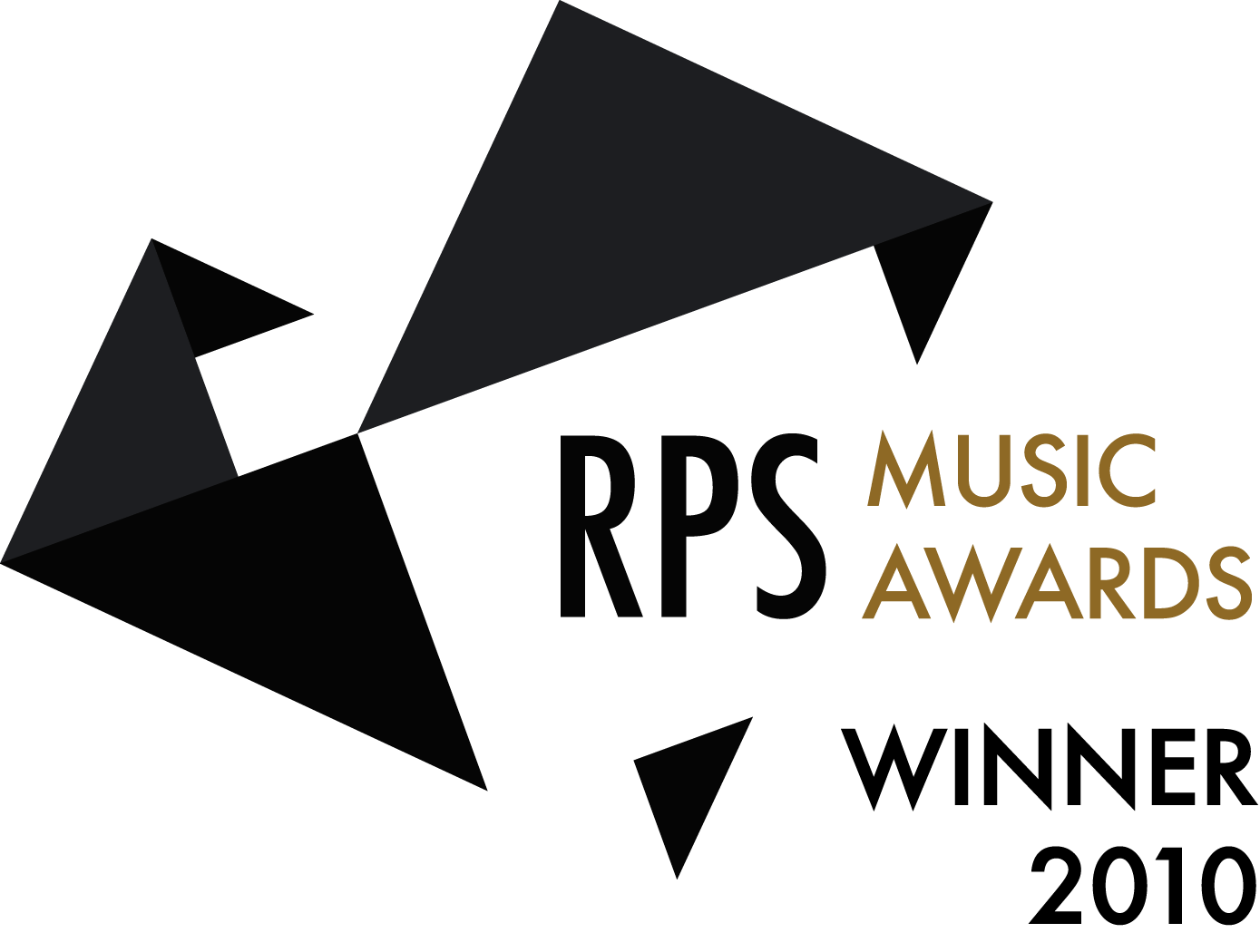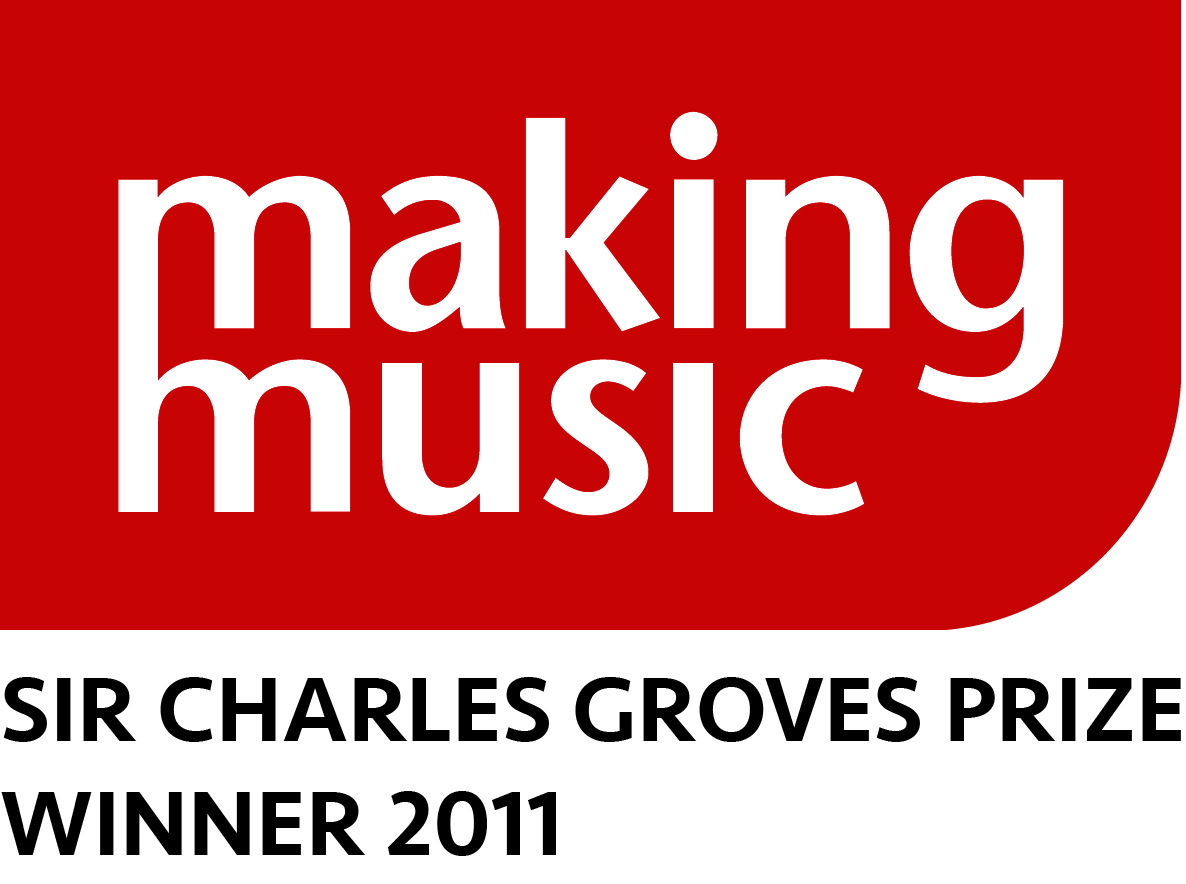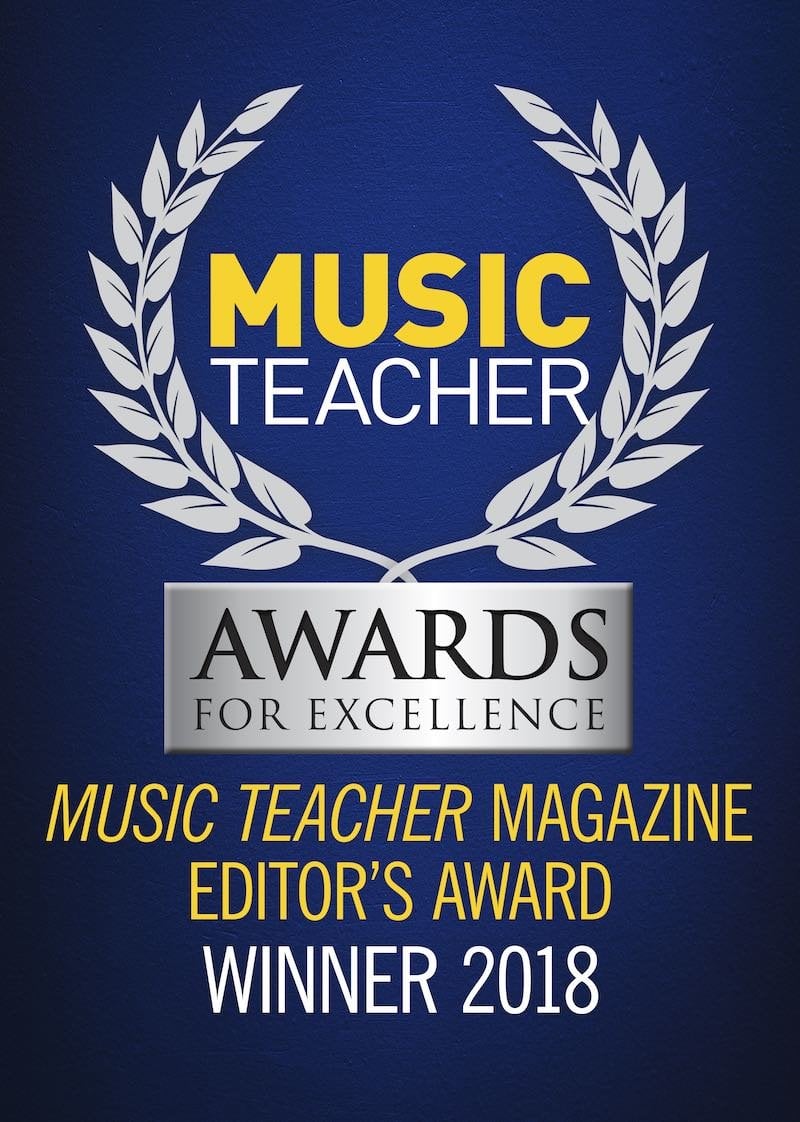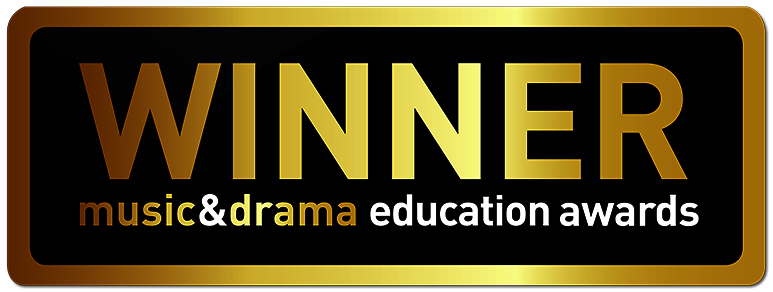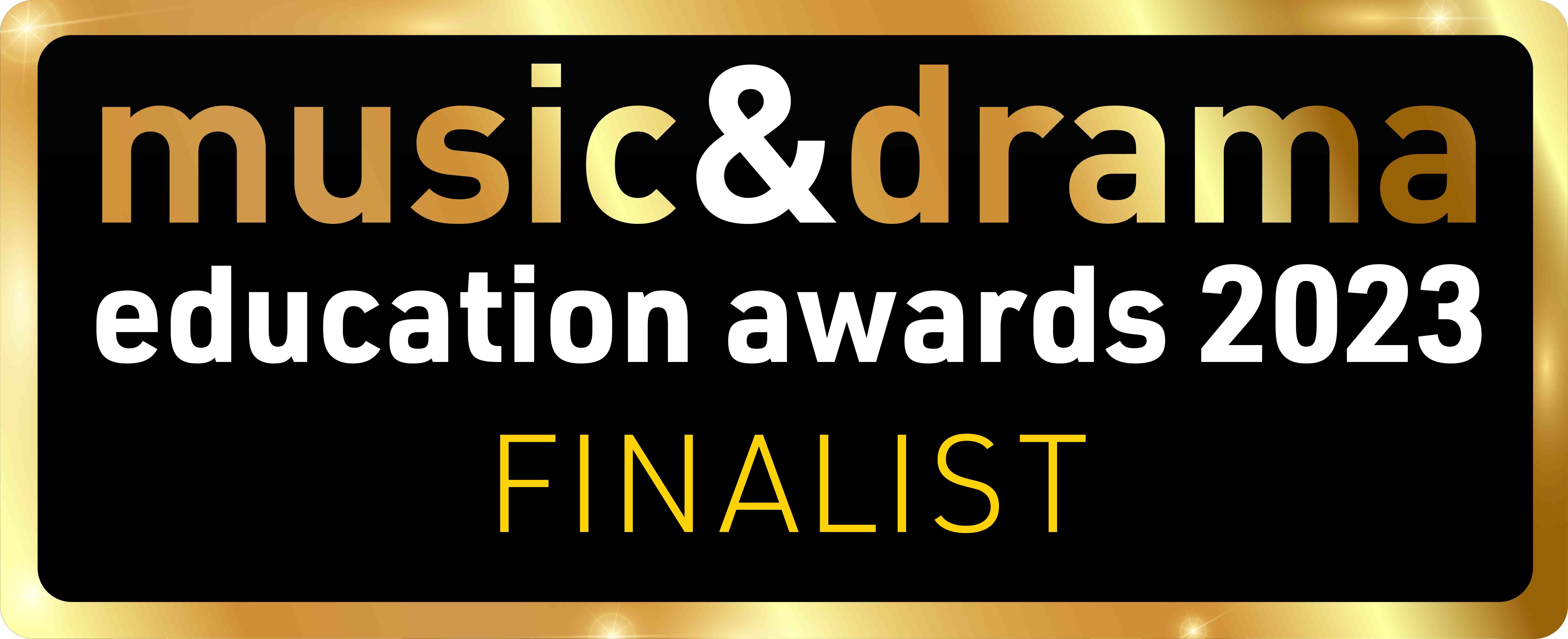Born to be wild
Song of the Week | Words and Music by Mars Bonfire
Track title
Pupil Activities
Learn the song
Learn Born to be wild using the teaching video with Beccy Owen. It is a very famous song recorded in 1968. The song is thought to be the very first example of 'heavy metal', a style of rock music. The lyrics talk about the freedom of riding on the open road, looking for adventure and embracing nature. You can sing and play air guitar.
Where the wild things are
Search for the book title Where the wild things are online and have a look at the front cover. Can you guess what it might be about and what happens? Next, read the story, or listen to an ebook on the internet.
KS1:
Make a mask of one of the wild creatures from the book. Use a paper plate and draw on it or cut bits out. Keep looking at the pictures in the book as you copy.
Invent your own wild thing and draw it. Is your wild thing hairy, scary, funny or sweet? What would you call it? Describe your ‘wild thing’ to a grown up.
Max becomes king of the wild things. Imagine you were King or Queen for the day and draw a picture of you with a crown on your head. Make up some rules about what you’d want people to do.
KS2:
Read through these ideas and pick one or two to try out:
- Invent some captions for each of the illustrations in the book or add thought bubbles and speech bubbles to the characters.
- What might happen if Max returned to see the wild things? Write your very own sequel about the 'mischief' that Max makes, describing the setting and the characters. Use a story mountain to help you plan before you start writing.
- If you were the king of the wild things, how would you feel? Write a diary from the point of view of the 'King of the Wild Things'?
- Write some instructions on how to have a wild rumpus. What about playing some music, dancing around, exploring a new place and eating some wildly delicious food!
- The wild things are repeatedly described as ‘terrible’. Make a list of other words you can think of that mean terrible. These are called synonyms. If you have a thesaurus you could look in that and make your list even longer.
Spy in the wild
You’ll love the creatures from the BBC programme Spy in the Wild, where cameras were made to look like real life animals. Teams built animatronics and then made them look and smell like real animals (by rubbing droppings on them). There are some amazing close up shots to enjoy. Watch some clips here. Design your own wild spy. What creature would you pick, how would you make it move and where would you put the camera?
Stop motion wild show
Stop motion is created by moving objects a tiny bit at a time, photographing each frame and then putting them together. You’ll need a camera/phone and some software such as Imotion, Movavi or Stop Motion. Watch this version of Where the wild things are, which uses pictures and clay
https://youtu.be/ndSa5aWDS2c. Now take a look at this video which breaks the process down https://youtu.be/Pw80ki6kc-k. First create a story board, a series of images that shows what happens in your story. Then create a set or backdrop, decide on sound and put it together remember this might take a while so have patience… it will be worth it!
A musical take on the wild
Some musicians have a reputation for being wild. This ukulele version is awe inspiring https://youtu.be/Yg57u7v_Smg. If you have a ukulele and want to have a go yourself, start by learning the 2 chords of A and G and joining in with the phrase “born to be wi-i-ild! Then you can air guitar along to the rest of it.
Where do wild things live?
Wild creatures live in many different places (we call this a habitat). Some animals live in muddy swamps and others in humid rainforests. Can you find out how certain animals are adapted to live in these places? Watch this video to find out about agama lizards, penguins, bats and camels:
https://www.bbc.co.uk/bitesize/clips/z4ks4wx.
Write a fact sheet about one of these wild things and illustrate it.
Have a WILD film night
Choose your favourite film about adventures and journeys and all things wild. Why not watch: Where the wild things are (and compare it to the book) or The Lion King (lions are sometimes called wild cats) or Madagascar (where the zoo animals find their way back to the wild) or Jumanji (based in the jungle) or Jurassic Park. Just remember to check with an adult first. Make some wild snacks to go with it. You could decorate a pizza to look like a lion, drink some Jumanji juice (mix of different flavours) or make a jungle smoothie (with bananas and pineapple).
Henri Rousseau wild art
For generations artists have been inspired by the wild. Henri Rousseau was a French artist who loved to paint the jungle (even though he never actually visited a jungle). Rousseau taught himself to paint and visited botanical gardens in Paris to copy the exotic plants from around the world. The animals in his paintings were drawn from visits to the zoo. You can look at some of his paintings like Mandrill in the jungle or Tiger in a tropical storm surprised online. Have you ever been to a zoo or safari park? Think back to what you saw then create your own piece of art with wild animals and plants. Rousseau used leaves from woods and gardens and layered them onto canvas - you could try that too.
